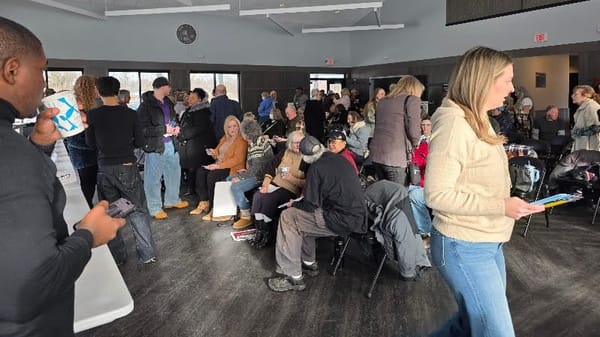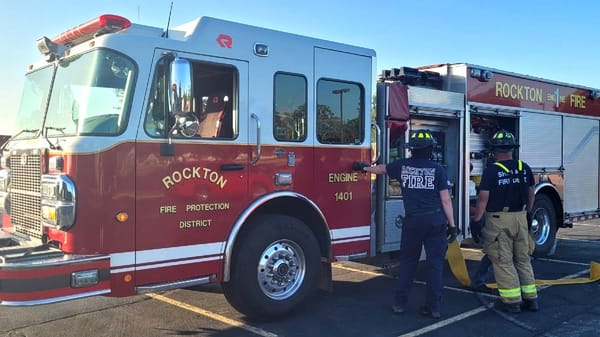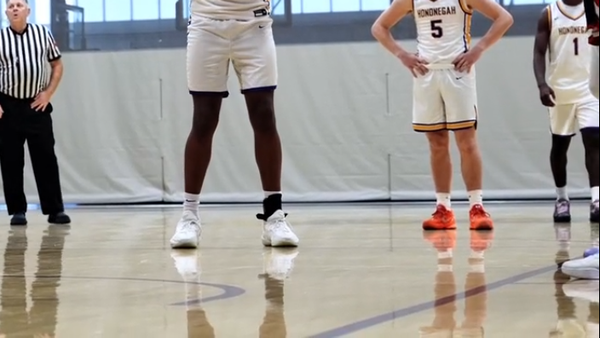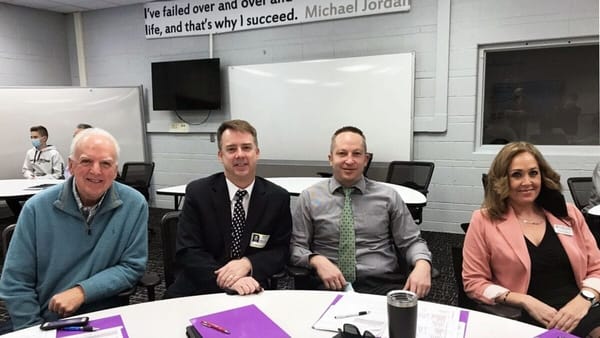Permaculture Club kids learn how to live off the land
Students at Willowbrook Middle School learn about sustainable living through the Permaculture Club.
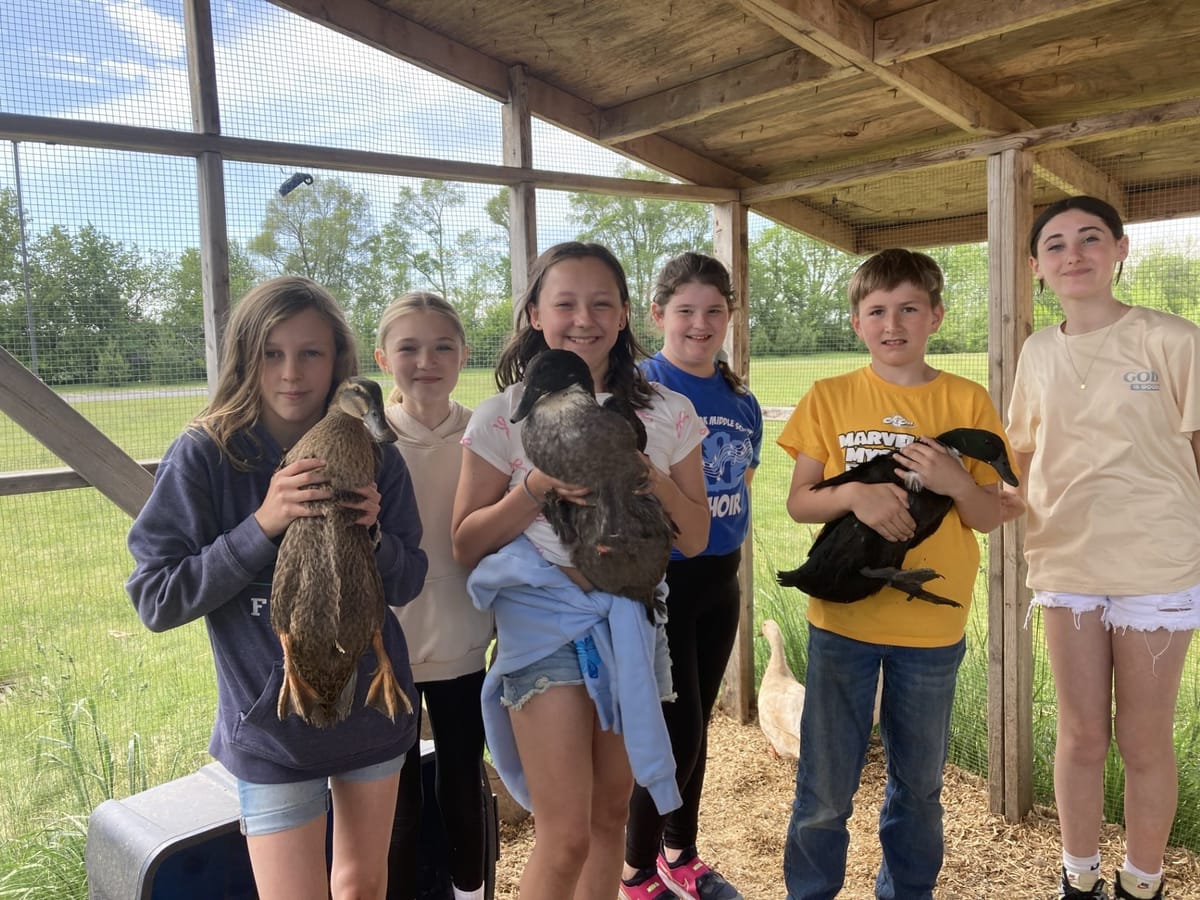
Doug Elfstrom is the Special Education teacher at Willowbrook Middle School in South Beloit. He is also the founder of the Permaculture Club, an after-school garden and farming program that teaches students how to lead a self-sufficient lifestyle through a holistic and sustainable approach to growing food and raising animals. Elfstrom started the club in 2021. during the COVID -19 pandemic. He has mentors sixth through eighth grade students in growing vegetables including tomatoes, garlic, peppers, cucumbers, carrots, beets, onions, asparagus and more. This year, they are trying their hand at growing herbs. The students plant, fertilize, water, pull weeds and harvest throughout the growing season.
"The Permaculture Club started out as a garden project. In 2022, Willowbrook’s school nurse, Tara Duncan, inquired about bringing animals into the program. Elfstrom approved the addition, and soon five goats, four ducks,a couple of rabbits rabbits and numerous chickens arrived. The Willowbrook PSA (Parent, Staff Association) donated money to build the fences, pens and a sheds. Adult volunteers and students recently erected a goat shed on the property.
Duncan oversees the animal portion of the program during the school year. "The kids work hard feeding the animals and cleaning the pens and keeping the plastic pool filled with water for the ducks. Chickens by the dozen are temporarily housed at a nearby farm. The students call themselves The Pet Patrol. "They work hard and learn responsibility, and they have a lot of fun."
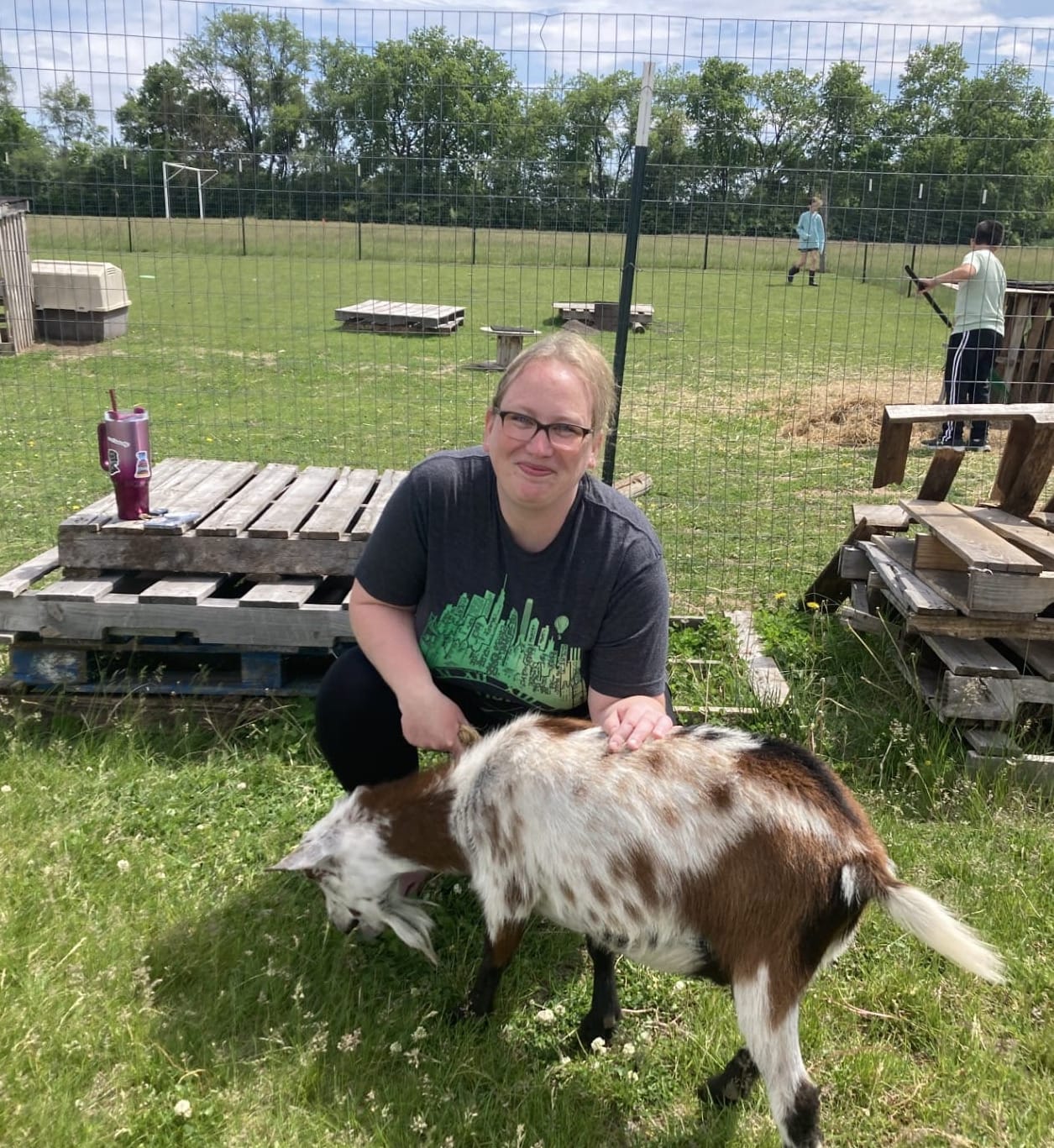
Tara Duncan is the Willowbrook School nurse. Since 2022, she has been a leader in the animal portion of the Permaculture Club program
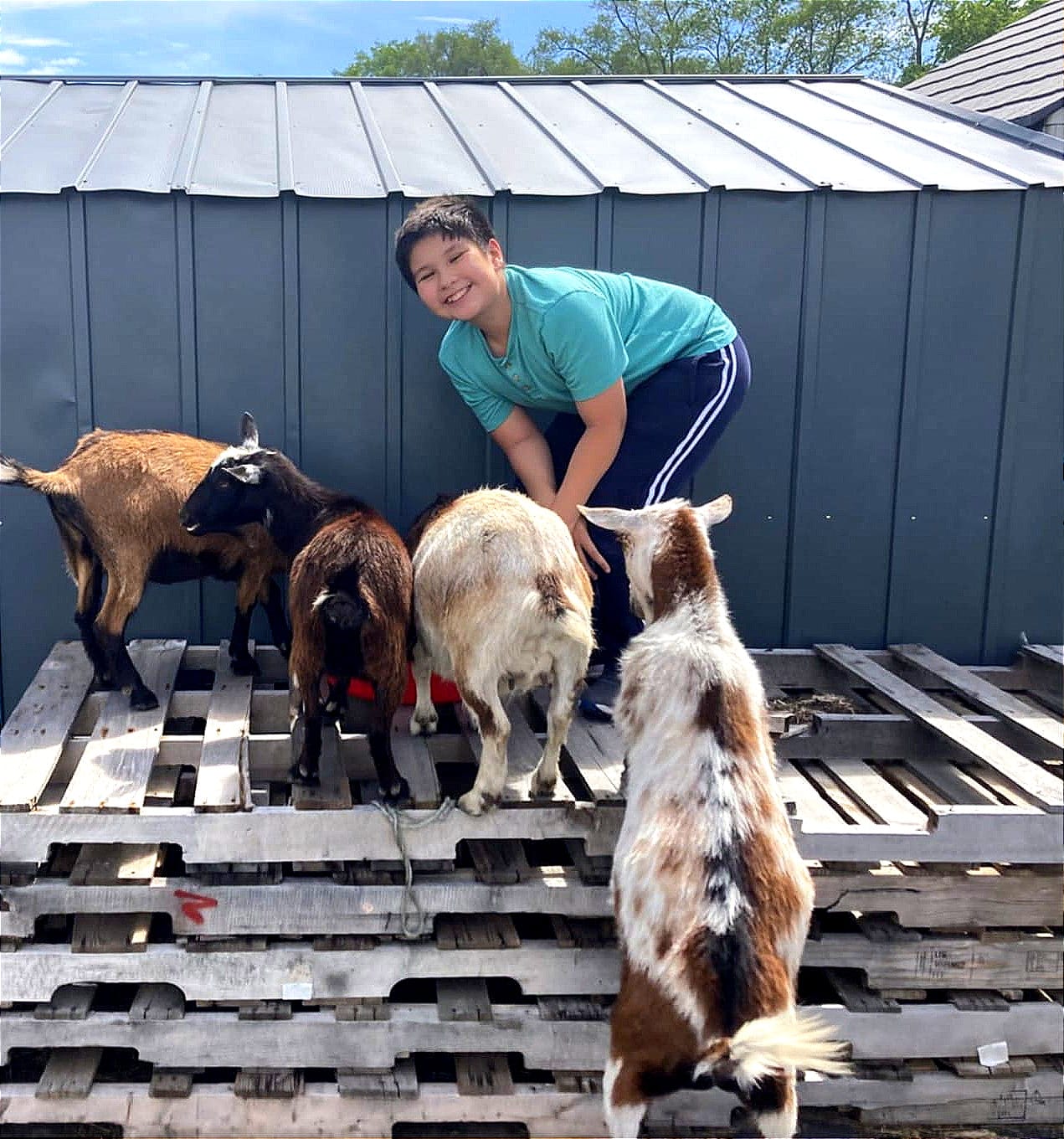
School may be out for the summer, but the animals and garden still need tending. Neighboring farmers such as the Keller family who live on a nearby farm, volunteers, Permaculture Club members and Mr. Elfstron come out to the school to water the vegetables, and tend the animals, including giving them some love.
Farm Stand Friday offers fresh vegetables, and sometimes, duck eggs in the entryway at Willowbrook, when available. Shoppers are encouraged to take their pick and put a few coins in the donation box.
The Willowbrook Middle School Fall Festival will be held in September. Hayrides, pumpkins, a petting zoo, and vegetables from the Permaculture Club will be available.

